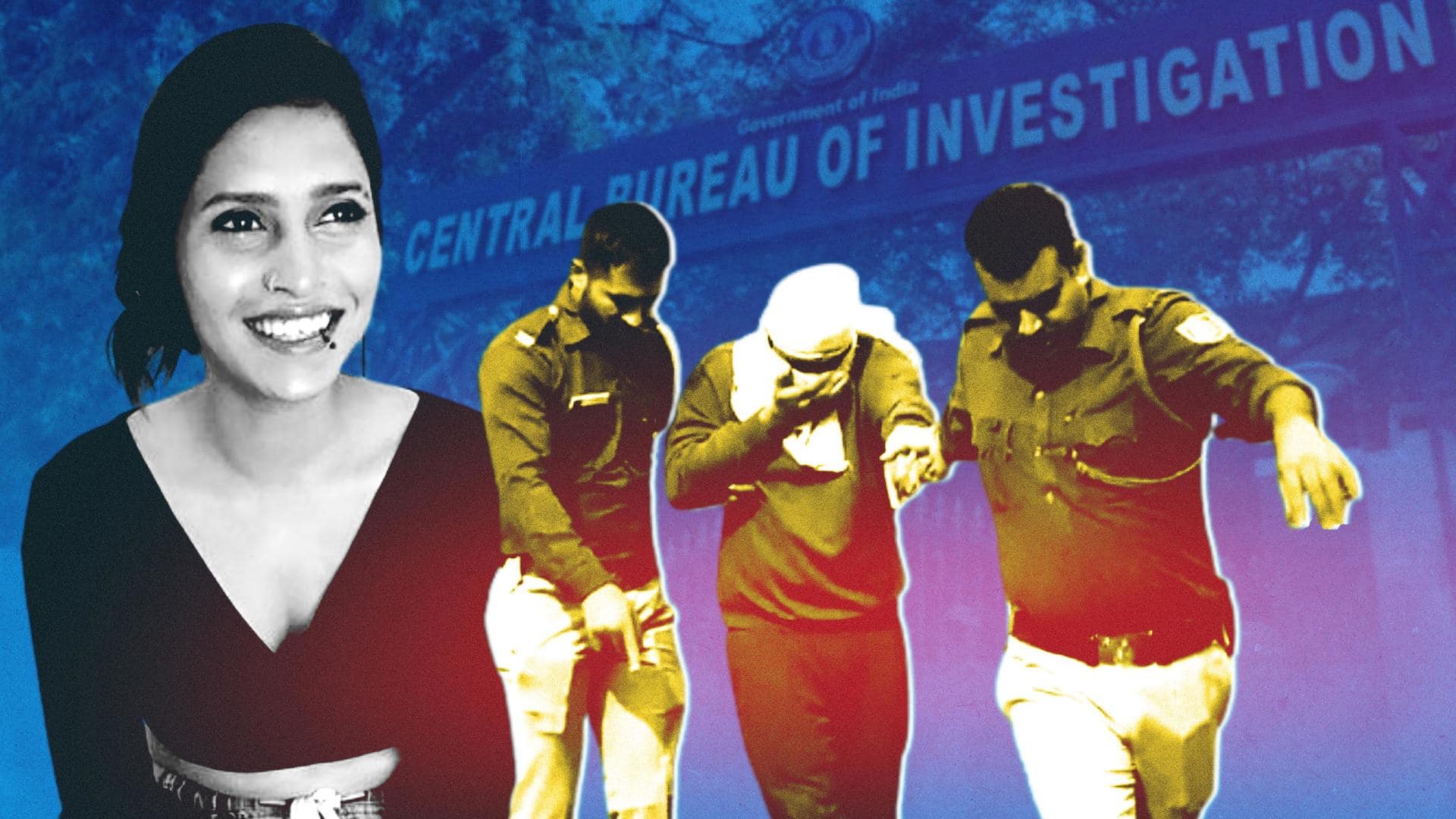
Shraddha Walkar murder: Plea in Delhi HC seeks CBI probe
What's the story
As the Delhi Police's probe into the Shraddha Walkar murder case continues to unearth shocking details, a plea has been filed in the Delhi High Court seeking the transfer of the investigation to the Central Bureau of Investigation (CBI).
To recall, 26-year-old Walkar was killed by her live-in partner Aftab Ameen Poonawalla at their flat in Delhi's Chhattarpur Pahari area in May this year.
Context
Why does this story matter?
The murder of Walkar sent shockwaves across the country as her body was chopped into 35 pieces and disposed of in Delhi's Mehrauli forest by Poonawalla to conceal the horrific case.
The Delhi Police arrested Poonawalla on November 12 for murdering Walkar on May 18.
The transfer plea has come at a time the Delhi Police is collecting shreds of evidence to prosecute Poonawalla.
Reason
Why did petitioner seek CBI probe?
Advocate Joshini Tuli filed the plea in the Delhi HC, seeking the transfer of Walkar's murder case to the CBI, citing a "paucity of staff" in the Delhi Police.
She has said, given the deficiency of staff, the investigation into the case cannot be carried out efficiently.
Tuli also alleged that the police have not even sealed certain important places pertaining to the case.
Reason
Delhi Police lack technical and scientific equipment: Tuli
Tuli, in her plea, has further said that the Delhi Police also does not have certain technical and scientific equipment to efficiently investigate and "collect evidence" and find "the witnesses" as the case is six months old having no eyewitnesses.
Meanwhile, in absence of witnesses, experts say that the case mainly hinges on the forensic and circumstantial evidence and call details of the accused.
Interference
Place of incident continuously being accessed: Plea
The petitioner, while putting forward the reason for the transfer of the case, said the police have also not restricted the access of the media and others to the place of recoveries and courtrooms.
Tuli said this amounts to "interference" with the evidence and witnesses.
She accused the media and cops of "contaminating" scenes of recoveries by "disclosing sensitive information" pertaining to the case.
Data
Faulty investigations lead to acquittal
Tuli's plea further stated that, for the conviction of the accused in Court, the case needs to be strong.
Faulty investigations into several heinous murder cases have previously led to acquittals in the past, it added.
The plea also noted that only 44% of the murder cases lead to convictions owing to faulty probes, as per the National Crime Records Bureau's (NCRB) 2021 report.